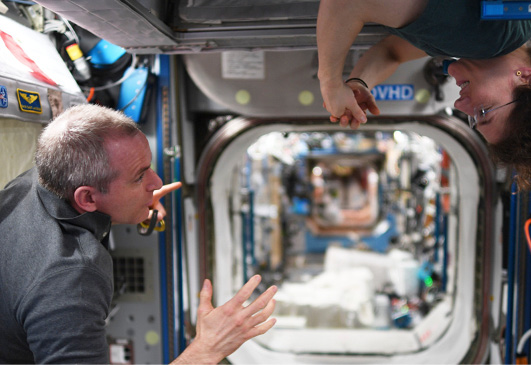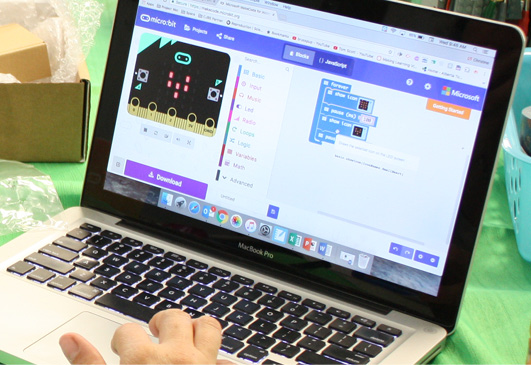
Exploring the optimal environmental conditions for human life
How do you think your Living Space on Earth compares to that of the International Space Station?
Let's Talk Science has partnered with the Canadian Space Agency to help students explore how environmental variables such as temperature, humidity, and carbon dioxide influence human health and well-being. This knowledge is important not only on Earth, but also on the International Space Station and someday maybe even on the Moon or Mars!
Download Project Overview Enrol Now!
Classroom Inquiry
Identify, measure and record the environmental variables that affect physical and mental health in the classroom and on the International Space Station (ISS).
Learn More


Digital Literacy Activities
Develop computational thinking skills by engaging in micro:bit coding activities related to the Living Space project.
Explore MorePartners






